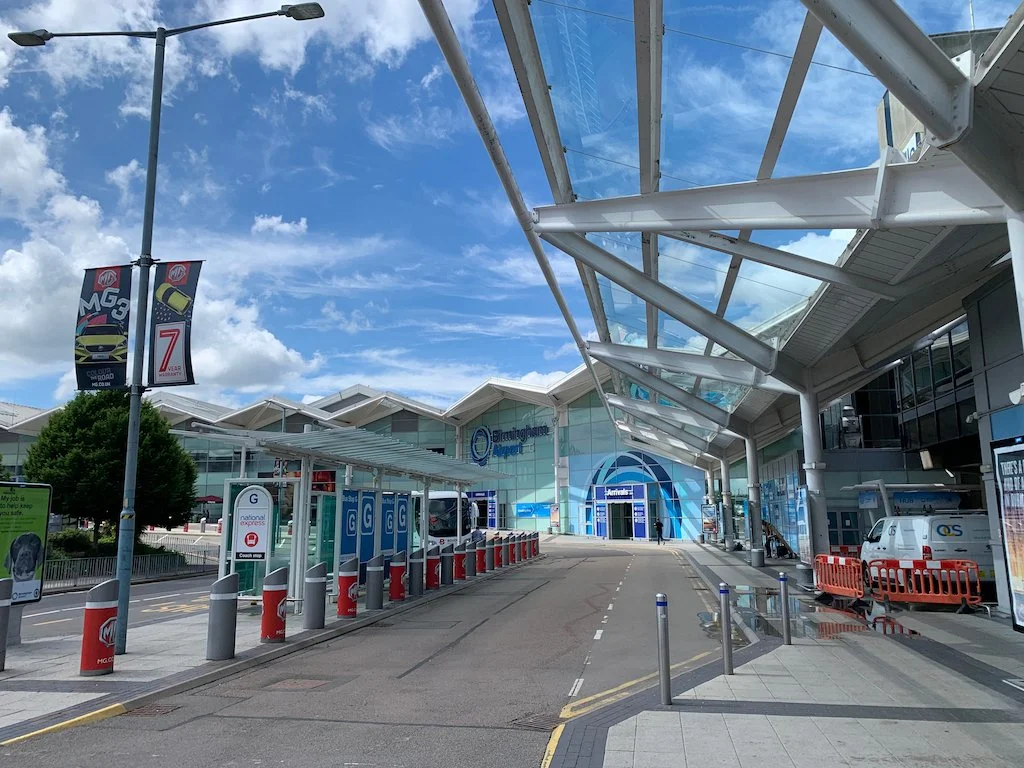Birmingham Airport commits to £300m investment over the next four years
Birmingham Airport has committed to a £300m investment over the next four years as passenger numbers are expected to reach around 17m by 2029. The airport has also confirmed it has started a process which will deliver its next Masterplan looking at the airport’s development up to 2040 and will announce its chosen partner in the coming weeks.
image: Shutterstock
Major projects in the four-year pipeline include new retail and hospitality offerings and outside of the terminal will see significant spend on the airfield, including reconstructing parts of the taxiways, new stands, and runway works totalling £40m.
The airport has already completed replacing its taxiway lighting with energy-efficient LED lights, as part of ongoing efforts to reduce carbon emissions. All lighting on the airport’s taxiway have been upgraded from halogen bulbs to LED lights in a move that is expected to reduce power consumption and save 66t of carbon each year.
Under other planned work, baggage capacity for inbound and outbound passengers will undergo an overhaul, with a further £40m invested in self-service drop off, baggage sortation systems and greater handling capabilities. e-Gates will be installed in the south terminal for next summer, alongside an ongoing investment programme in security lane efficiencies and customer facility upgrades in arrivals and departures.
The new business plan also includes a new heating and cooling system in the terminal, replacement of gas assets and a rolling programme of electrification and replacement for its airside vehicles and passenger buses. Building on the success of its solar farm the airport is also looking at additional solar opportunities in and around the site.
Nick Barton, CEO of Birmingham Airport said, “We are currently in our most successful year ever at the airport and we are confident this growth is set to continue. We have already made significant investment in the airport this year, having delivered new departure gates, lounges on the international pier, additional security lanes, new retail offerings and baggage capacity to name only a few projects.
“But we need to go further as we can see more growth coming, however we need to do this in a responsible way for the airport, its colleagues and local communities. We need to make sure all areas are fit for the future including check in, immigration, security, retail and our airfield. Our plan for the next three to four years shows how we are on our way to delivering more choice for our passengers and enhanced service, whilst continuing the journey to Net Zero.
The airport caveats the investment as being dependent on a stable and reasonable taxation environment in the upcoming budget. With airports in line for a doubling in business rates, Birmingham Airport says its investment is subject to a cap of no more than 40% being placed on the increase. Failure to keep it within this 40% threshold could see Birmingham and other airports revisiting investment commitments to ensure that reasonable returns can be provided to those wanting to invest in airports in support of the Government’s growth agenda.


